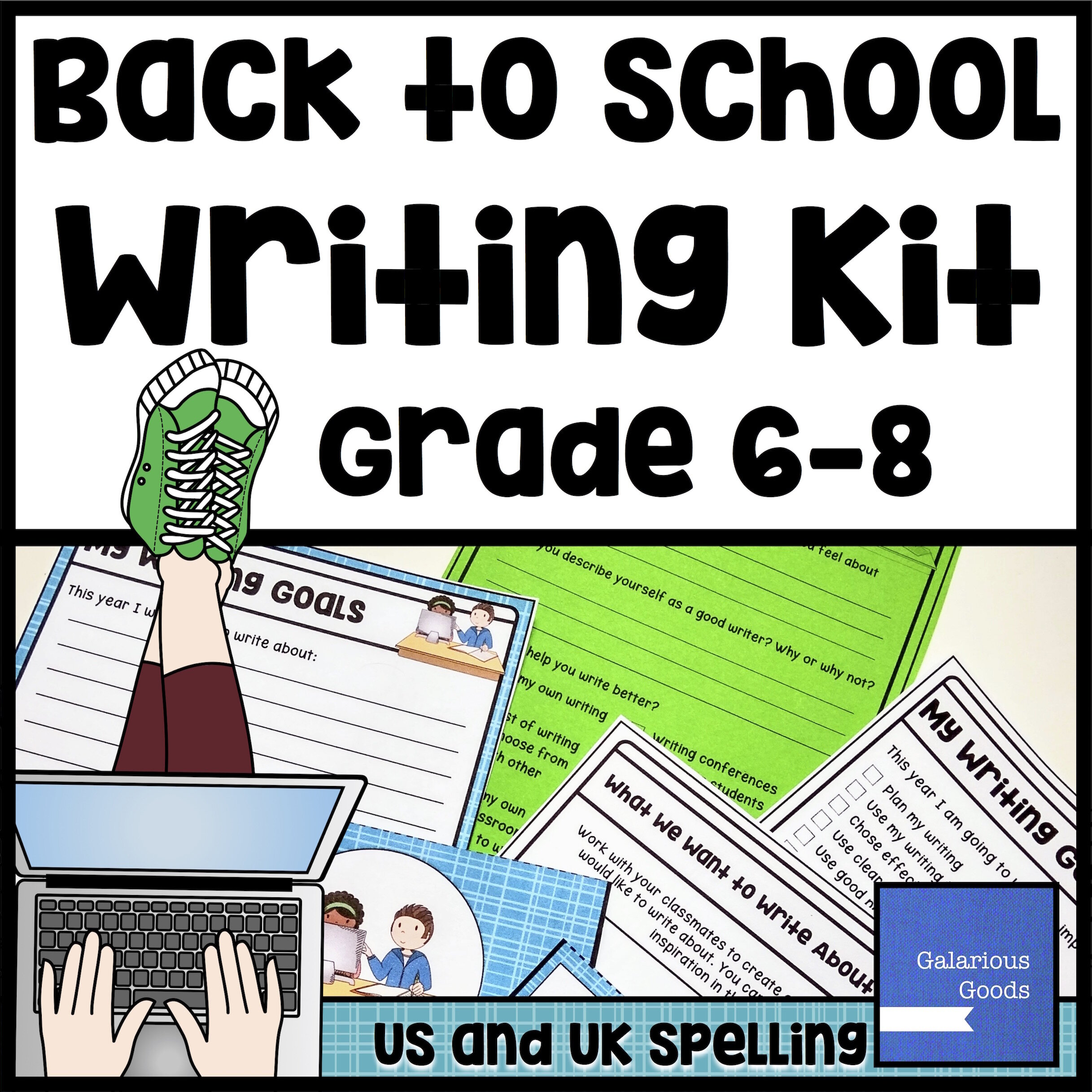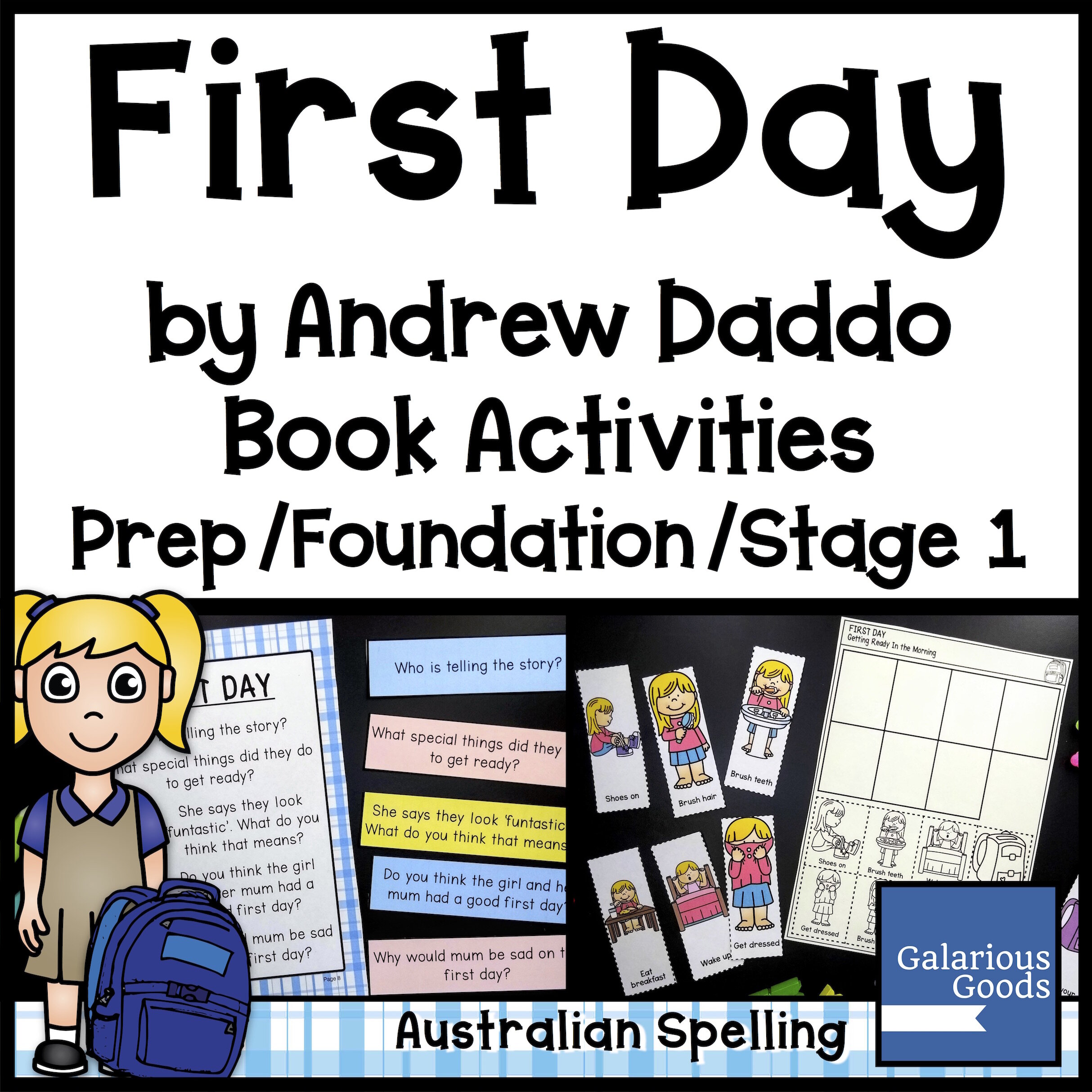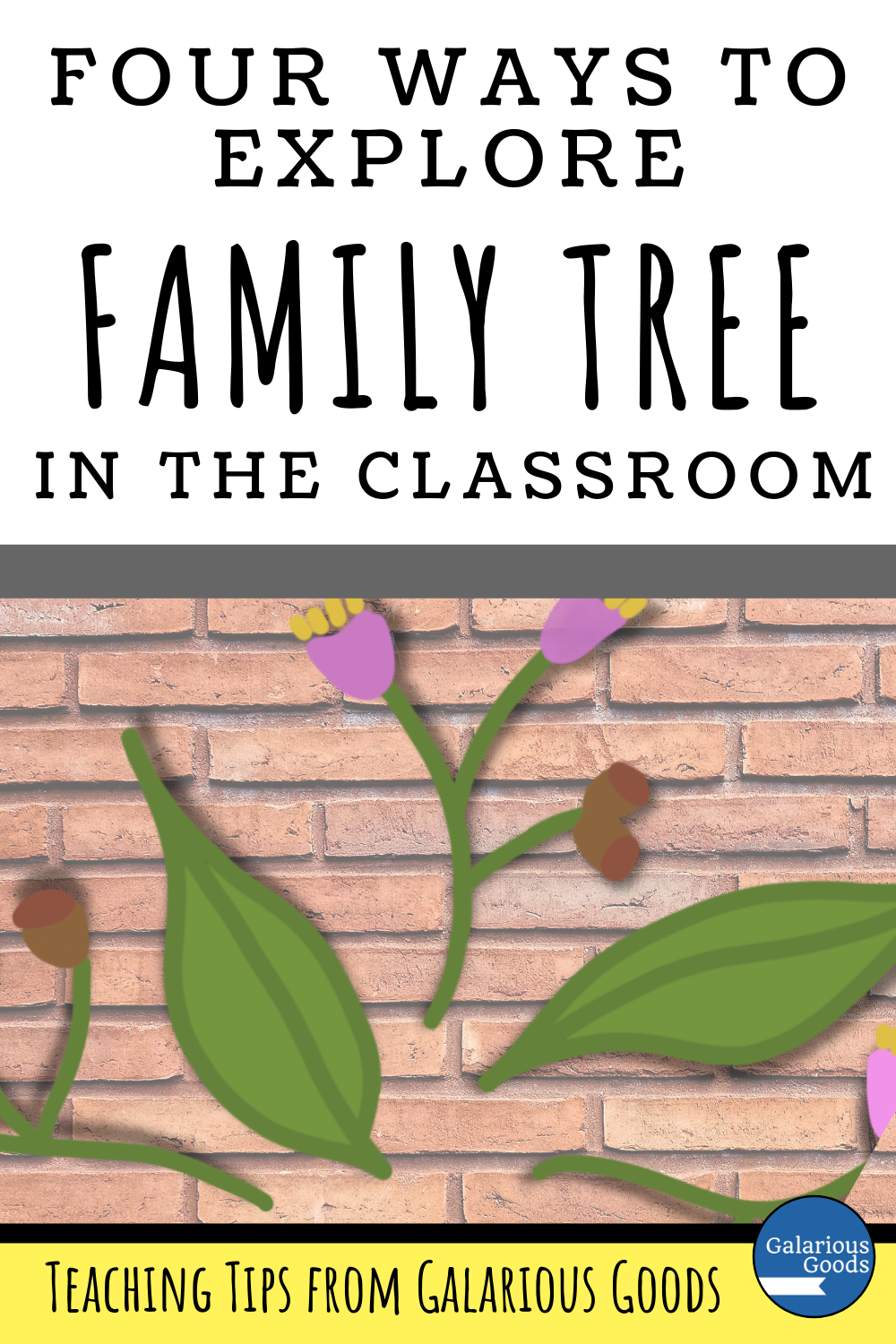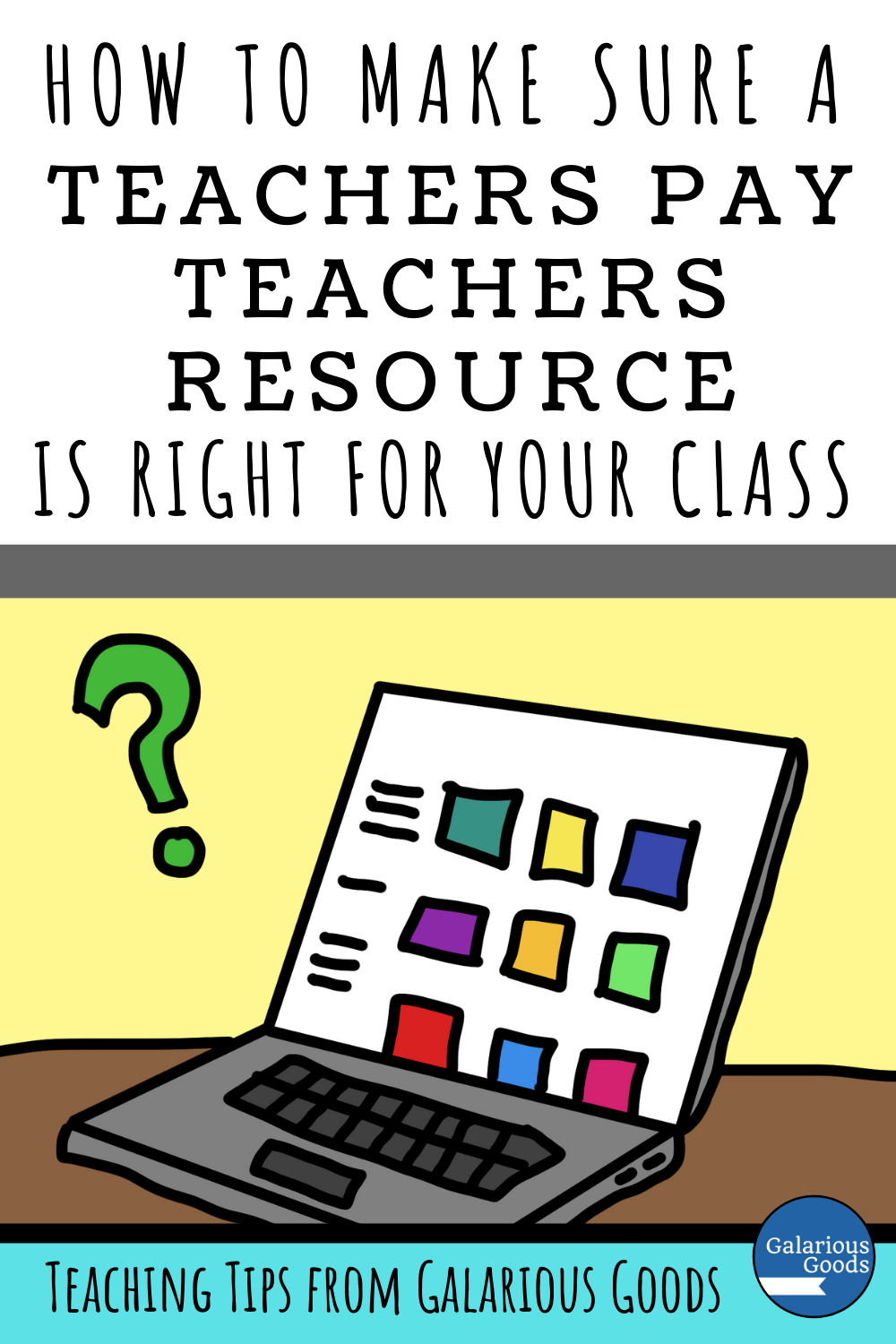Five Quick Alternatives to Holiday Busywork
/With lots of holidays approaching, you might have made the decision to step away from holiday busywork. But planning integrated learning activities can take time - especially when they begin to grow and get overwhelmingly complex. And time for teachers is always a precious thing!
With that in mind, here's five easier ways to bring great holiday learning into the classroom.
1. Creative Writing Prompts
If you've been covering creative writing in your English classes, this is a perfect way to combine holidays and lessons. You can share one prompt for the whole class to respond to, give students a choice of four or five prompts or allocate a different prompt for each student.
Take it Further
Challenge students to try a different creative format like poetry or a fictional memoir
Ask students to work in groups or pairs - collaborative writing can create some interesting results
Students can publish their work to create a class book or website
2. Persuasive Arguments
While persuasive arguments are often about big important subjects, students can also develop persuasive writing skills with smaller holiday related topics.
Think about elements of the holidays which could be (or have been) changed. For example, students could write a persuasive essay arguing that trick-or-treating should involve non-food items only.
Take it Further
Persuasive arguments can be essays, letters to the editor, advertisements or debates. Students can engage with them as part of a wider project - like creating a holiday podcast or a holiday newsletter or news website
You can mix up presentation - students can turn their arguments into posters, blog posts, displays, newspaper articles or podcasts
3. Read About It
Picture books, short stories or text excerpts can be a great way of exploring a holiday through literature. As well as reading the story, students can discuss how the holiday is portrayed, if it feels realistic or connected to their own experiences and if the author has done a good job of portraying the holiday. They can also explore holidays in different parts of the world.
Take it Further
Reading holidays texts can be done as a whole class or different groups can discuss different texts. Students can come together to compare different texts, creating images to show how they're different and alike.
Students can create reviews or advertisements of the texts - turning them into images, videos, short articles or audio files.
4. Maths Investigations
Maths (or math) Investigations can easily be condensed or simplified if you're short on time. To do this, pick an element of your holiday - eg. valentines for Valentines Day. Then brainstorm some mathematical questions:
Any one of these investigations can be presented over one or two lessons. Or, if you have more time you can combine and expand them!
Take it Further
Ask students to create their own mathematical investigations
Brainstorm several investigations and set up maths centres. Or create a choice board allowing students to explore the maths investigations in their own time.
5. Create a Maths Question
A lot of the time we give students maths problems and ask them to find the answers. But what if we turned that upside down and gave them the answer - then asked the students to develop a range of problems to match it?
This gives students an alternative way to look at mathematical processes and can help them understand how word problems or multi-step problems work.
It's easy to give answers a holiday feel. For example - the answer could be 720 Christmas Lights. Students can then create simple and complex word problems which match the answer.
Take it Further
Students can share their questions with classmates, other classes or the wider community
Challenge students to match their questions with what they're learning in class. Can they make an area problem? A chance and data problem? A problem involving fractions?
Although combining learning with the holidays can seem daunting - especially when you need to fit it around parties, parades, events and the excitement of a class of students - these quick alternatives can give you a great way to celebrate and learn.












